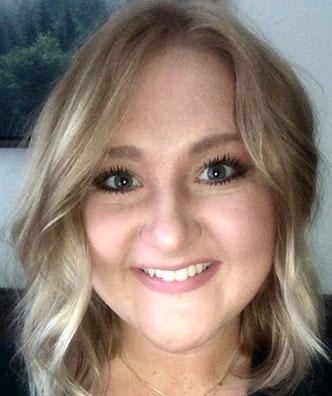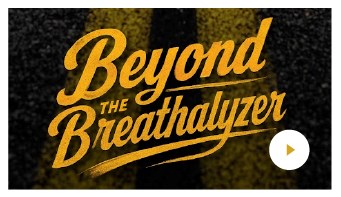Fall 2021 Behan Law Group Military Veteran Scholarship Winners
Each semester, The Behan Law Group offers an award of $1,000 to support the higher education of military veterans, current service members, and their children. Our scholarship also requires the applicant to submit an essay discussing how their experience affected their academic and career goals and they plan to use their education to positively impact their community.
Lauren Ashley Harrelson

Lauren’s essay demonstrates the empathy and understanding she has regarding the mental health challenges military veterans and their families may face. Lauren is passionate about reducing the stigma surrounding mental health and making help more acceptable and accessible.
Read Lauren's Essay:
In addition to mental health services lacking in affordability and convenience for low income earning individuals, another barrier to receiving mental health and substance use treatment deserves some attention; negative stigma. The stigma of mental health and substance abuse disorders is a relatively large barrier to one’s recovery, as it influences self-esteem, self-efficacy, and ultimately a damaged quality of life. In a wider scope, this affects communities, as it can lead to higher unemployment rates, poverty, poor housing, and self-isolation. The social exclusion that many face due to this negative stigma causes communities as a whole to suffer, which is why this societal issue deserves attention. According to the Substance Abuse and Mental Health Services Administration (2014), regarding common reasons people do not receive behavioral health care services, 48% thought they could not afford it, 26.5% thought their condition could be handled without treatment, 10% thought it would cause negative opinions of them from their neighbors and community, and 8% thought it would have a negative impact on their job. The majority of the responses were influenced by the negative stigma and the fear of rejection and/or negative consequences. While reading this article, there were even more startling statistics that caused my concern to grow for these individuals, especially since this social issue has affected me personally throughout my childhood and young adult life. My father served with the U.S military, overseas in Iraq, when I was incredibly young, and returned a different person. Soon after his return, my father left my sister and I once again, to live a life with another family, leading to few and brief visits with him. These passive encounters left me with little or no knowledge of my father’s daily life or habits. However, I would soon learn that in addition to my father suffering from PTSD, he was also a long-time recovering alcoholic, who had relapsed into his former addictive tendencies. Over the years, my dad and I have worked to rebuild our relationship, and in doing so, he has shared his feelings about his mental health issues. He explained he feels “weak” for not being able to ignore his cravings for alcohol, and he had even attempted to take his own life as a means to end this torturous addiction. When asked why he has not considered or sought out treatment, he responded that as a veteran in the military, he had an image to uphold, and if he were to commit himself to a treatment facility, it could impact his career. He continued to explain that his drinking was not so much of an addiction, but a way that many veterans cope with their trauma. I have no doubt that the stigma of addiction created the barrier keeping my father from seeking help, which ultimately affected my sister and I throughout our developmental years. As a society, we are to blame for this stigma, as does the negative limelight the media shines over mental health. Actions to reduce this stigma support the very social justice mission of social work, and should be a high prioritized focus when creating interventions. Obviously, this issue is very near and dear to my heart, so as a future social worker, it would be my duty to reduce this stigma. Social workers have the power to educate others, encourage equality between physical and mental health illnesses, provide resources for treatment options, and so much more. All of which could positively impact the quality of life for individuals, families, and communities as a whole.
If only someone could understand the minds of individuals with disorders, then the stigma associated with such disorders could be reduced and the treatments could be improved. Is this not what America wants and needs? Would it not be great if we lived in a society where mental health could be treated as a common disorder such as diabetes or cancer? Of course, it would be beneficial to understand the minds of those suffering from these disorders; instead of the blind misunderstanding of mental health, individuals could seek to understand those different from themselves. There would be more tolerance for those who have mental disorders or who are addicted to a substance and would eventually result in less conflict in courtrooms, families, and society. It is this realization that has driven my interest and provided me with purpose to my studies and career choice. My passion for advocating for others began when I became aware of the injustice my father faced and I have been fighting for justice for him ever since, and if awarded with this scholarship, I would remain dedicated to this societal issue without the burden of financial restraints.





